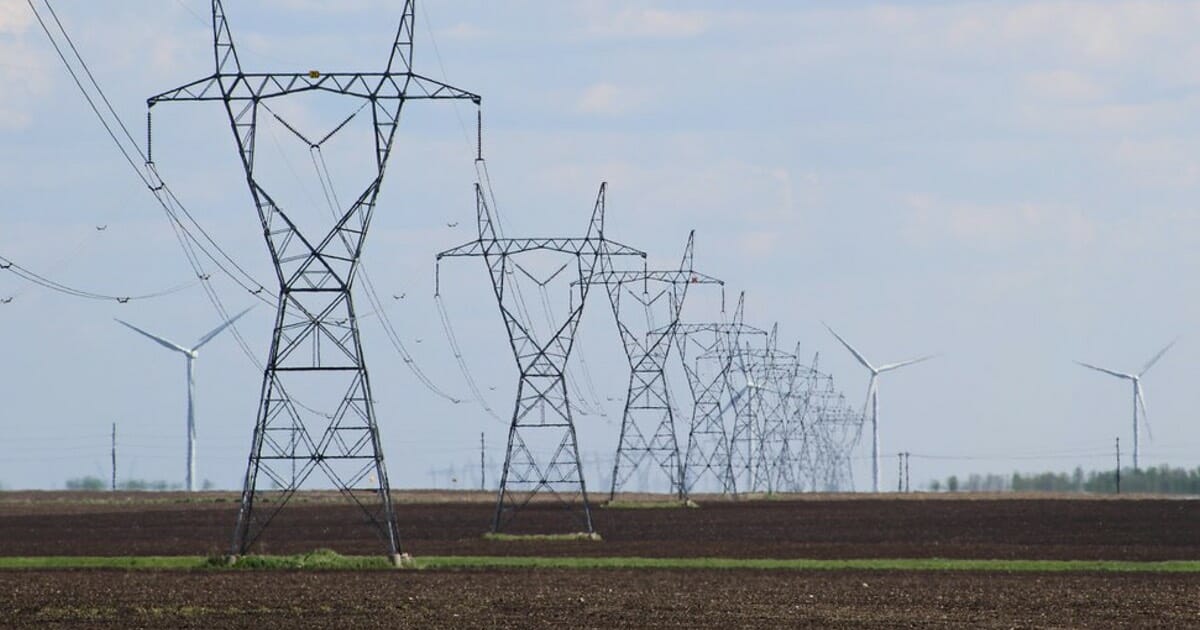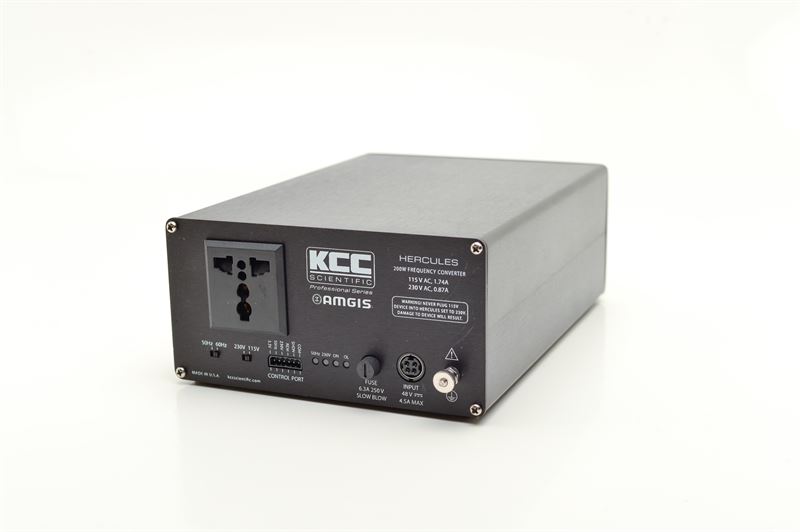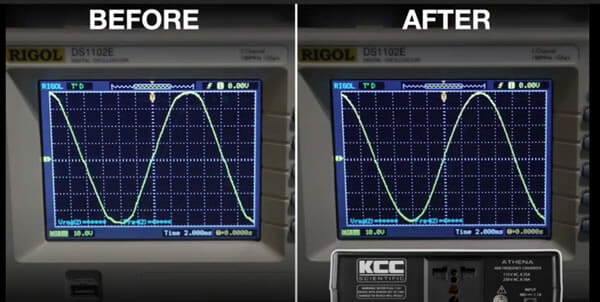Teri Reindel June 6, 2019
Several years ago, images of the ancient Notre Dame Cathedral going up in flames sparked shock and dismay across the globe and in France, where it is considered one of the nation’s most beloved treasures.
The latest understanding of the cause is electrical wires which were run through the roof at the demands of clergy, against all safety codes and regulations. It seems common knowledge that using unsafe apparatus and wiring should always be avoided, but sometimes unsafe practices in the name of expediency, cost or convenience win out, unfortunately.
Each of us has our own treasures that would represent significant loss should they be damaged. Perhaps it is Grandma’s heirloom electric clock or that Braun turntable you brought with you as an expat. Whatever electrical treasure it is from around the globe, collectors want to ensure electrical compatibility to local power. Electrical compatibility is important for our collectibles in order for them to run smoothly, and to protect them from damage and fire.
When your electronic collectibles’ power requirements do not match local mains power, remember to consider aligning wattage, voltage, AND frequency requirements to assure your devices are operational and safe. Many make the mistake of solving only the power plug and voltage compatibility by simply buying conversion plugs and a transformer. KCC Scientific reminds you it is wise to also consider operating frequency for your electronic valuables.
Conversion plugs only make it possible to plug into the incorrect–and perhaps dangerous–local mains power, and transformers only convert voltage 115V AC to 230V AC or vice versa. The result can range from incorrect operation to disaster.
Devices that turn or vibrate often have frequency sensitivity. This means they will run at the wrong speed, pitch or timekeeping without the proper mains power line frequency. In some cases, devices with motors may malfunction or overheat if operated from the wrong frequency.
In North America, the standard power grid provides 115V AC at 60 Hz frequency, while on the majority of the globe the power grid is 230V AC at 50 Hz frequency. Equipment designed to uniquely operate in one part of the world may not work in another. For electronic treasures, it is best to consider the wattage, voltage, AND frequency your device requires in order for them to operate smoothly and safely.
How do I know what my collectible requires? Somewhere on your device there is probably a tag that indicates the electrical requirements for the device. It’s not always in an obvious place. It might be in small font, and perhaps less than legible. If you cannot find it, do a quick search on the device’s model number and look for the specifications. A quick glance at the tag or the specifications, and you are sure to find the ratings, in a format similar to this example:
Power Requirement: 115V AC, 60Hz, 25W
What does the above rating mean?
Voltage. The first item listed is the voltage, which in this case is 115V AC. Most of us are familiar with Voltage, often abbreviated Volts, or simply “V.” Every plug-in device will be AC (alternating current) rated.
Frequency. The next term in the rating is the intended Frequency for the device. Frequency is the number of times that the electric current switches polarity per second, expressed in a standard called Hertz, or abbreviated Hz. On devices with motors that turn or vibrate, frequency will determine the speed at which they operate. Some devices will indicate 50/60Hz, which means it can operate at either 50Hz or 60Hz and perform well. But, many devices are designed for ONLY one frequency or the other, but not both.
Power. The last term in the rating is the power the device requires to do its job, expressed in Watts. When you go to select a power converter, you will need to know this since the power converter must be able to deliver this much power, or more. If the converter does not have a rating greater than this number, then it will not reliably operate your prized device.
When your electronic collectible’s power requirements do not match local mains power, KCC Scientific LLC Converters align wattage, voltage, AND frequency requirements, assuring devices are operational anywhere in the world. Should you have a treasure you want to power across the globe visit https://www.kccscientific.com for more information about frequency and voltage converters. If you have a question please contact us here, https://www.kccscientific.com/contact/ .We will try our best to help clarify your needs.







